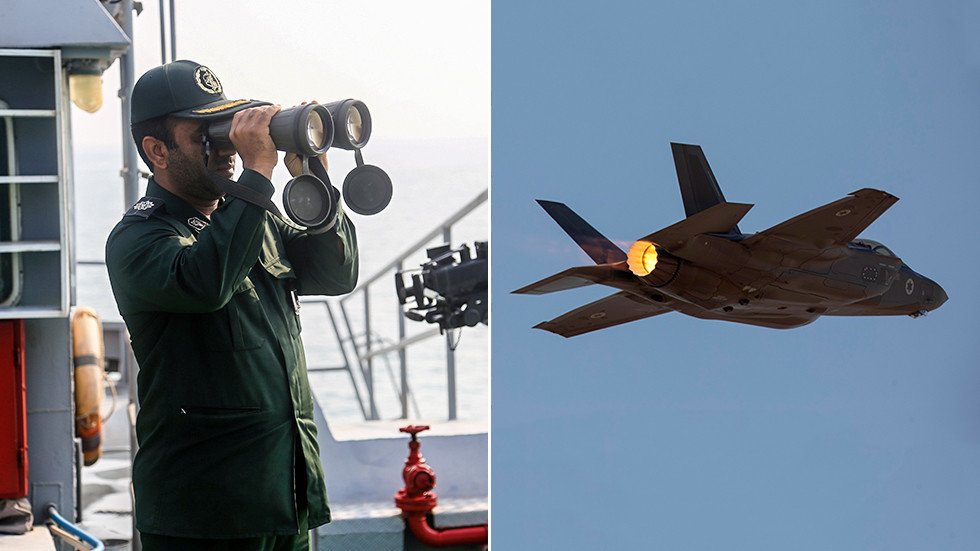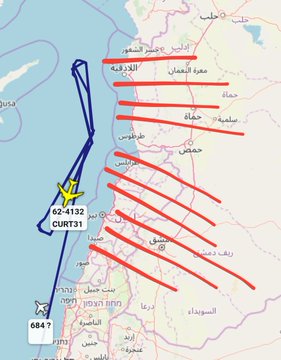jward
passin' thru

Karl E
@therussophile
·
27s
Turkey may expel US troops from Incirlik Airbase over sanctions https://therussophile.org/turkey-may-expel-us-troops-from-incirlik-airbase-over-sanctions.html/…




Putting it here is fine there are now many hotspots in the world beginning to go offI'm not even sure which thread to put stuff anymore!

Russian, Syrian air strikes kill 17 in rebel-held northwest: rescuers
Syrian government and Russian air strikes killed at least 17 people on Tuesday in rebel-held northwestern Syria in a spike in casualties from relentless daily strikes in recent months, witnesses and rescuers said.www.reuters.com
NEWS
DECEMBER 17, 2019 / 11:23 AM / UPDATED 6 HOURS AGO
Russian, Syrian air strikes kill 17 in rebel-held northwest: rescuers
3 MIN READ
BEIRUT (Reuters) - Syrian government and Russian air strikes killed at least 17 people on Tuesday in rebel-held northwestern Syria in a spike in casualties from relentless daily strikes in recent months, witnesses and rescuers said.
The northwest corner of the country, including the Idlib region, is the last significant swathe of Syrian territory still in insurgent hands after eight and a half years of war.
Russia, which has backed President Bashar al-Assad against rebels and Islamist militants, and Turkey, long a supporter of rebels, co-sponsored a conflict “de-escalation” deal for the area earlier this year that has since faltered.
Two members of local rescue services said at least four people were killed and scores hurt when aerial bombs fell on a major market in the rural town of Maasran. Another six civilians lost their lives when the town of Bdama was hit, they said.
Videos posted on social media and confirmed by residents showed emergency crews pulling charred bodies along the debris-strewn streets of Maasran as ambulances were arriving.
A further five people were killed in the nearby town of Telmanas in the southeastern part of Idlib province, according to Abdullah al-Halabi of the local rescue service.
Air strikes on several villages in the area had killed another two dead two people and injured scores, he added.
Syrian state media carried no reports of military operations by the Syrian army or its Russian ally in those areas.
The Idlib region is home to hundreds of thousands of people who fled other parts of Syria as government forces wrested back large areas of the country following Russian intervention on Assad’s side in early 2015 that tipped the war in his favor.
There has been no major ground offensive since Turkish-backed rebel forces retook territory seized by Moscow and its Syrian allies in rural parts of east Idlib province last month, rebels and diplomats say.
Russian-backed forces have kept up air strikes on populated areas to wear down rebel forces that have so far repelled government attempts to seize back terrain.
Islamist militant groups have also foiled repeated attempts by Russian-backed forces to advance into rural, inland parts of coastal Latakia province where they have dug in for years.
While the Damascus government has vowed to recover all of Idlib, its immediate priority is to retake key pre-war highways that pass through the province to shore up Syria’s sanctions-battered economy, Western diplomatic sources say.
Reporting by Suleiman Al-Khalidi; Editing by Mark Heinrich
Our Standards:The Thomson Reuters Trust Principles.
MORE FROM REUTERS
Note Erdogan's actions in Syria, the Med and Libya all have one thing in common in goals or deeds; gaining Turkey physical control of oil reserves.
yep but this is not going to end well Egypt is not happy neither is israel or greeceNote Erdogan's actions in Syria, the Med and Libya all have one thing in common in goals or deeds; gaining Turkey physical control of oil reserves.






